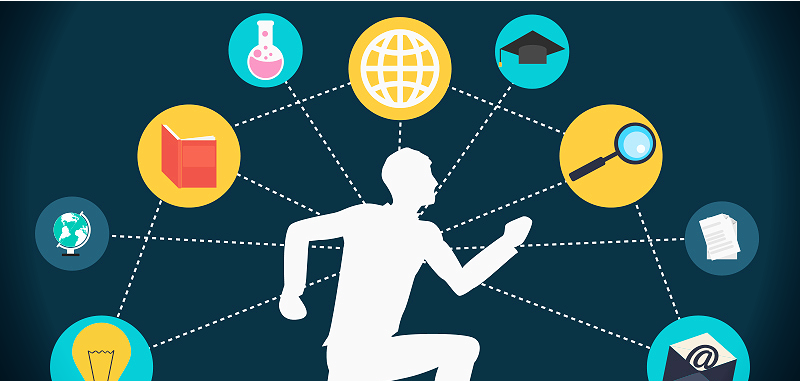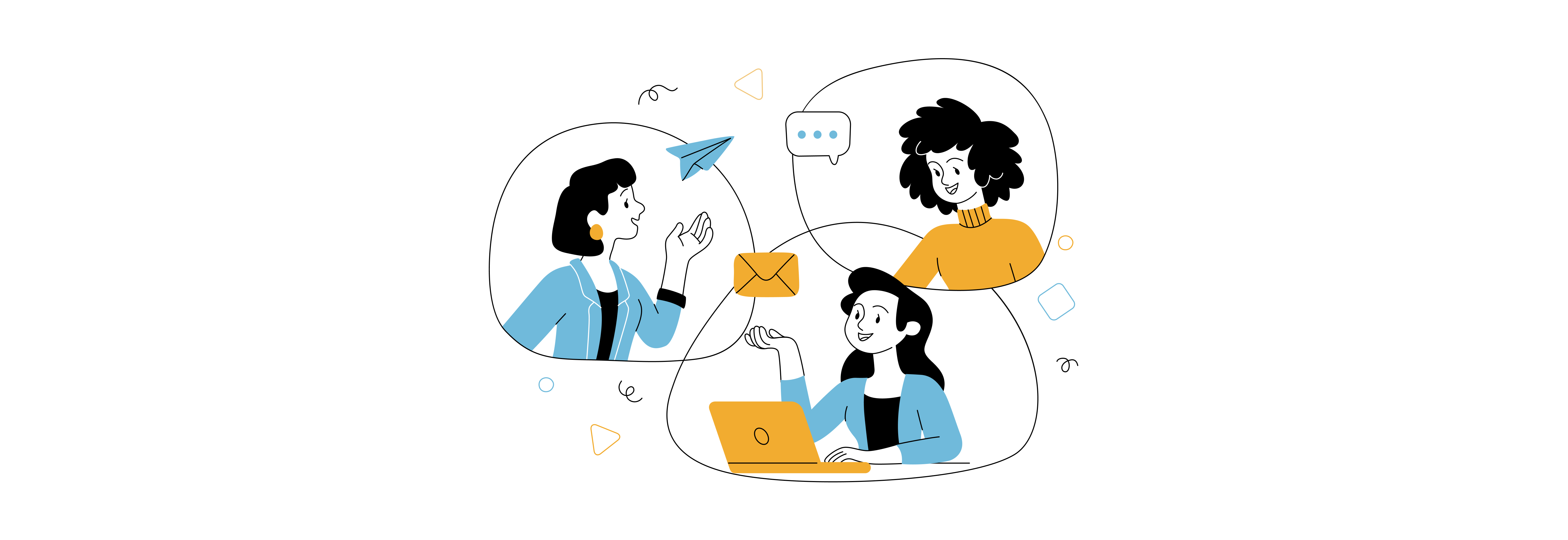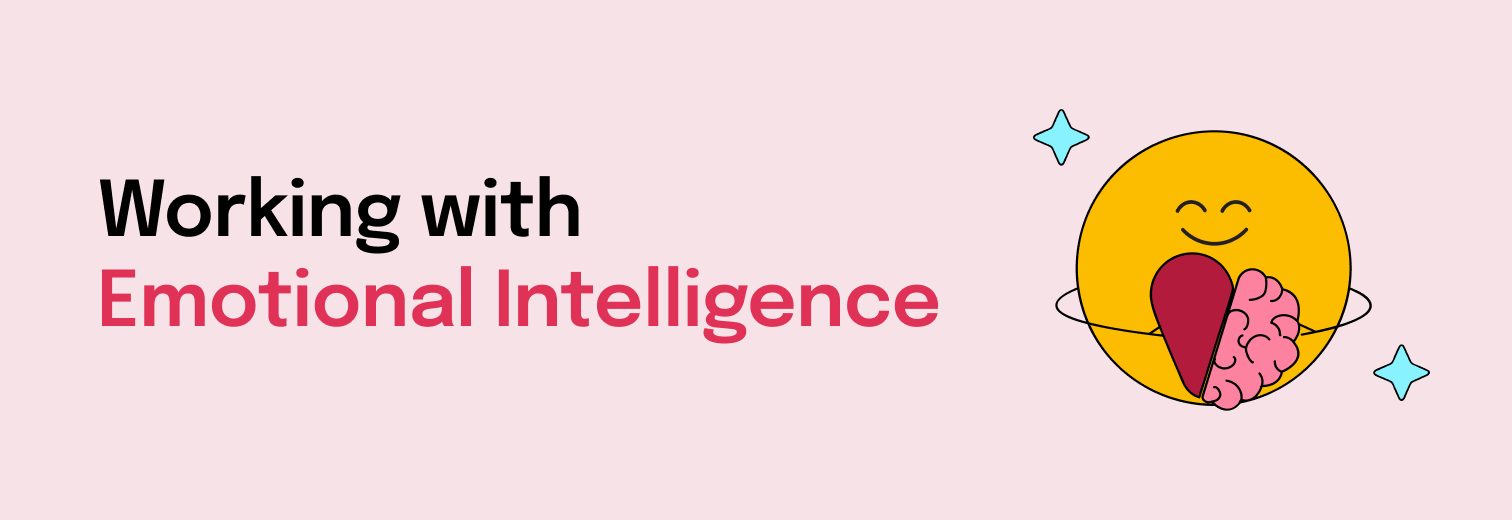Sally is a 25-year-old waitress, working in a restaurant in New York. She is hardworking person who absolutely loves her job and is dedicated to it. Her favourite part of the job is getting to meet and interact with a lot of different people, sometimes even people from across continents. Her millennial outlook on life is one of #yolo or ‘You live only once!’
If asked to describe herself, she would probably use adjectives like silly, fun loving, and happy-go-lucky. With an ambition to complete a certified culinary course, she dreams of one day opening her own restaurant – right in the heart of New York!
In February, this year, Sally went for her annual medical check-up and something unexpected happened. Her doctor found a few lumps on her breast. Sally was diagnosed with advanced breast cancer and even more unfortunately for her, the cancer had started to spread to her lymph nodes. To make matters worse, it is around this time that New York got hit by the first severe wave of the deadly Covid-19 virus. And, just like that, this bubbly, full of life 25 year old found her world turned upside down.
Tragedies come from nowhere, like the monsters under our bed. They cast a shadow on our lives, often leaving us feeling helpless. We fight tooth and nail, overcoming them one victory at a time. However, sometimes, the shadow is too big and it looms over our entire existence. It can be due to a host of reasons – caused by the loss of a beloved one, a medical diagnosis, or even a professional setback. Whatever be the case, we eventually need to find a way to live through it. More importantly, try to grow from it and convert it to purposeful action. And this is what resilience is all about.
Resilience is our ability to bounce back from adversity. But it doesn’t just end there. Resilience includes a conscious shift in our mindset. It is about looking at a situation with objectivity and flexibility. Further on, it helps us to emerge stronger than what we were when we faced that tragedy.
Here’s another beautiful way to imagine resilience. Imagine it like a lake. A lake does not fill by itself. Probably, there’s a waterfall feeding into it or maybe it’s in a place with heavy rainfall which sustains it. Or there is a river which feeds in to it, through a dam. Whatever be the case, if it does not get its source, come the next harsh summer, it will dry up. Thankfully, human beings have developed sources of resilience that we draw from when we need to. Here are some examples :
1. Relationships
Table of Contents
One of our primary sources, as humans, is the relationships that we have and cultivated. And, it’s a very critical one. In times of distress, our first response, usually is to reach out to our spouse, sibling, or a friend. Many of us have an inner circle of friends. They not only create a space for us to express our sorrow and fears, but also provide an alternative perspective. Community support programs are also designed with similar objectives.
In ancient times, Indian students reached out to Gurus whenever they would have moral dilemmas. Similarly, most of us reach out to mentors whom we trust to tell us the truth and clear the fog for us.
2. Biological
This is linked to our ability to be aware of and focus on the physical impact of stress. We can feel a variety of sensations : shallow breathing, pit in the stomach, headiness, knots in the upper back/lower back. By consciously steadying our breath, focusing on our body, and being mindful of the present moment – we can develop resilience. A lot of individuals meditate and practice yoga which helps them to deal with stressors of every day life.
3. Mastery
Often we feel lost or stressed because we feel we are not ‘in control’ of a situation. This is more common in professionals who are otherwise experts in their field and are looked up to. One can deal with such situations, by developing mastery of the situation. Either by reading about it, reaching out to experts, practicing something, or even developing an educated perspective. Furthermore, writing your own thoughts down also has been known to help achieve clarity of thoughts.
4. Spirituality
This is a very important source of resilience for many individuals. Some individuals believe that there’s more to life than our trivial existence. They believe that their life has a bigger purpose that transcends beyond any logical reasoning. Nature and God may have a bigger role to play in this, and we are too small to understand. The only thing that we can do is keep our faith, do our duty, and trust that the universe will take care of what needs to be done.
5. Mental Agility
The final one in our list for today, mental agility is a cognitive skill which requires practice. It is the ability to acknowledge that your thoughts may not be true, just because you have had them. We need to be able to look at our thoughts objectively and apply cognitive technique. This will prevent us from falling prey to mental traps. Mental traps are ruminations that drain our energy and prevent us from taking purposeful action. One of the mental agility skills is optimism. Of course, this is easier said than done and requires practice and feedback.
Thus, Sally can deal with her situation in multiple ways. She may seek comfort in the company of her family and friends. She may also turn to wellness habits, practice deep breathing and meditation to cope with her anxiety. She could also read more about breast cancer to understand things better, and feel better prepared. Meanwhile, she could also pray for strength to deal with everything, while visualising a more optimistic and meaningful life ahead, and take conscious steps towards it.
Resilience is not an easy skill to develop and one does not develop it only during hard times. Remember that it is like a lake – it fills to its brim during the monsoon so that it can sustain life for itself and others during a harsh summer.













